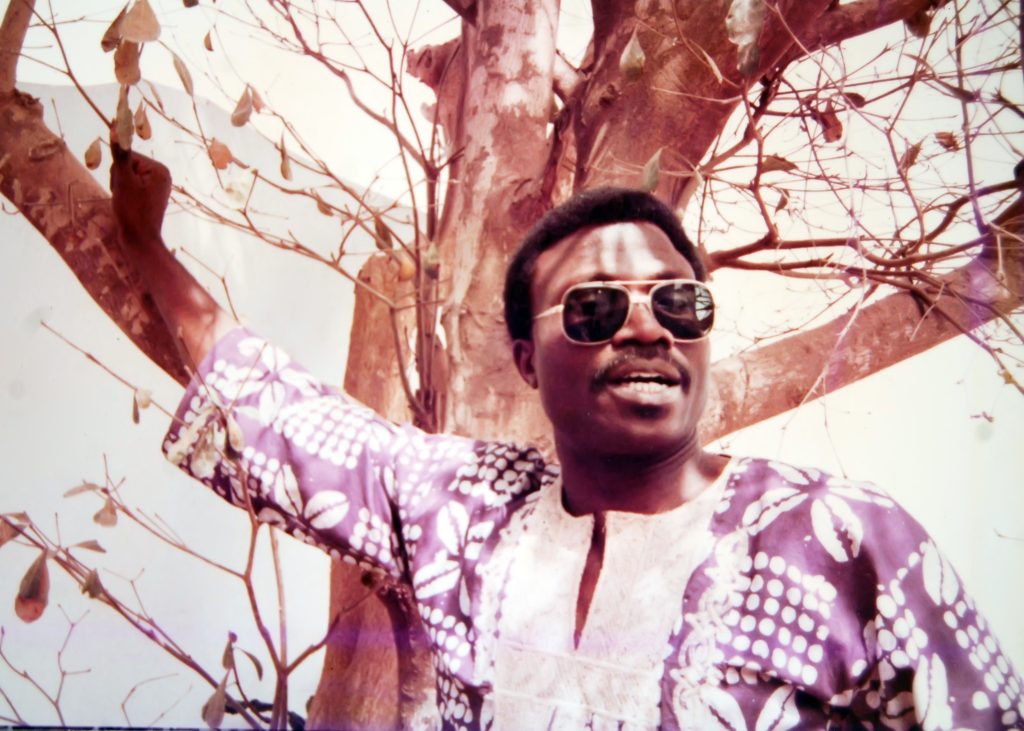Social and Artistic Activism

A vehement champion of the right to free speech and strong believer in the transformative power of words, Osundare anchors his credo on two of his favourite sayings: “To utter is to alter” and “The Word is an egg” (the latter, a translation of a Yoruba adage, is the title of one of his poetry books). He is renowned for his commitment to art that is socially relevant and aesthetically accomplished. According to him:
“The very calling of the artist/writer is a political statement; with writers from historically disadvantaged parts of the world, political consciousness becomes a social, almost existential imperative. Moral apathy is no option. Silence is oftentimes an evasion of moral responsibility, an advertent or inadvertent complicity with those whose noise enslaves the world. We are as implicated and committed by every word we utter, every word we write as we are by every word we fail to utter, every word we refuse to write. We are defined by the very way we intrude upon the universe of being. Facile aestheticism is no justification, and no defence. For, beauty devoid of a deep social-moral bearing is incomplete, just as moral burden without aesthetic integrity is nothing but a millstone around the neck of the work. For me, form is a faithful companion of function. According to Yoruba aesthetic philosophy to which I am gratefully indebted, Ewa ti ko wulo ewa yepere (Beauty that is of no useful/functional value is idle beauty). I consider myself in the league of writers who can never be indifferent to the world; for I believe that if as a writer you refuse to take interest in the human condition, you should not be surprised if, in the end, only corpses and skeletons are left to read your works. Hence my overriding watchword: Humanity First . . .”
Closely related to these principles is his focus on the African condition. To cite him again here:
“You cannot keep quiet about the situation in the kind of countries we find ourselves in, in Africa. When you wake up and there is no running water, when you have a massive power outage for days and nights, no food on the table, no hospital for the sick, no peace of mind; when the image of the ruler you see everywhere is that of a dictator with a gun in his hand; and, on the international level, when you live in a world in which your continent is consigned to the margin, a world in which the colour of your skin is a constant disadvantage, everywhere you go – then there is no other way than to write about this, in an attempt to change the situation for the better.”
